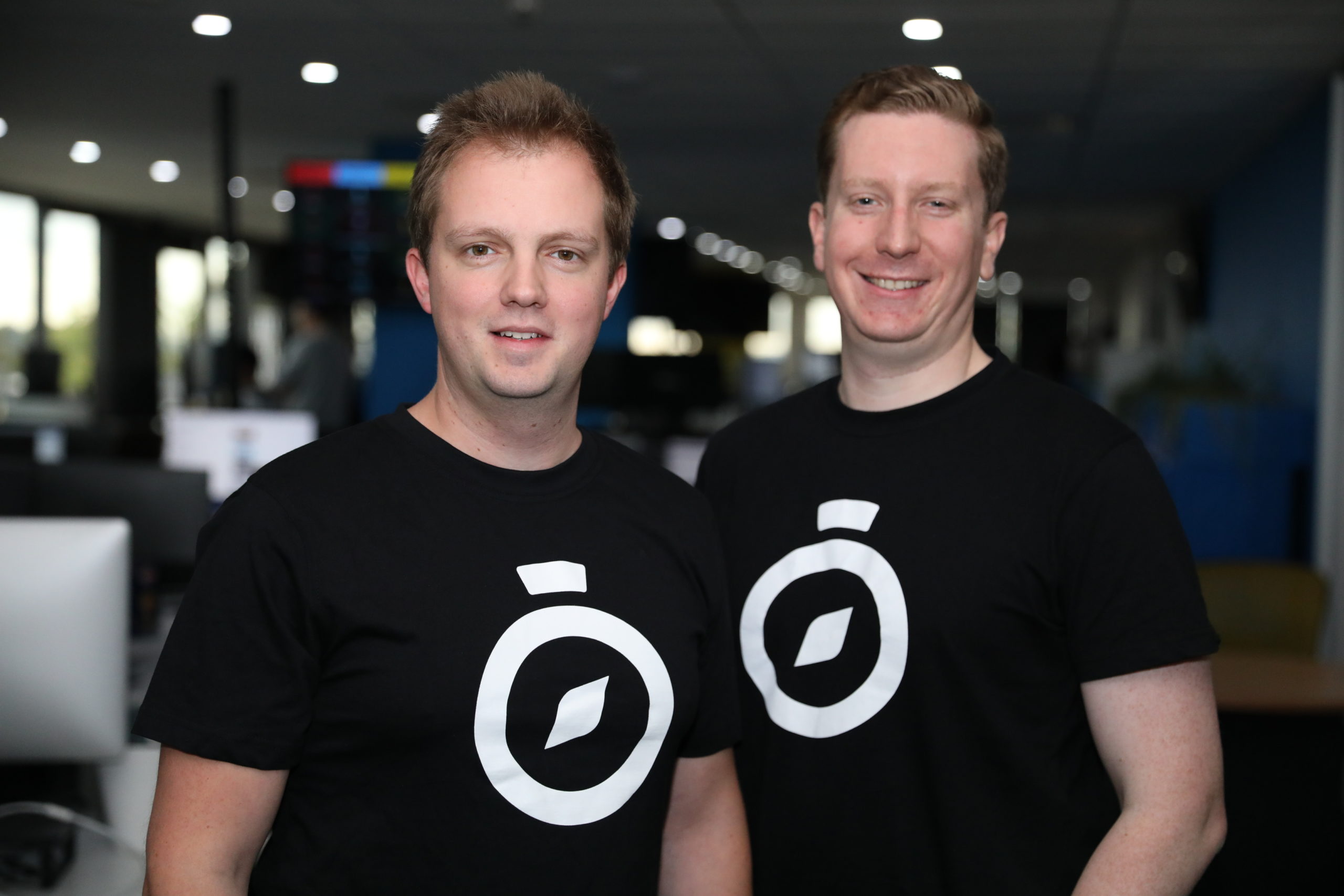While many businesses have been forced to close as part of social distancing measures to reduce the risk of coronavirus, one entrepreneur’s poison is another’s meat and alongside covering how to get through the next six months, and detailing what’s happening in small business land in our series “From The Frontline“, as well as recognising and celebrating companies succeeding in such difficult times, with the series Bright Spots.
If you want to share your own story about the good news in you startup, drop us an email at startupdaily[at]pinstripemedia.com.au
Today we talk to edutech startup Compass Education, which saw data demand soar as schools switched to online learning.
Parents in New South Wales will feel some relief today as the children head back to online learning for term 2 after the strangest school holidays ever.
The end of the last term seems so long ago, and a reminder of how much things have changed in the last few weeks. As term one sputtered to a finish amid conflicting advice from state and federal education ministers and school absentee rates started skyrocketing, discussion at Melbourne-based schools management platform Compass Education turned to pondering what if all the schools across Australia were shut as a result of coronavirus? How would education continue?
Compass is an all-in-one school management platform with more than 2 million users across 1800-plus government, Catholic and independent schools.
As state governments announced Term 2 lessons would begin online, the Compass team used the school holidays to scale up its platform – expecting demand to increase by about three times the usual traffic. But that plan was quickly thrown aside when, on day one of online learning for Victoria, the system broke record after record in the first 15 minutes of classes resuming.
Compass CEO and Co-founder John de la Motte was watching as people kept logging on.
“Our numbers kept climbing. First, it was a few thousand, then tens of thousands, then hundreds of thousands of users. Compass was maintaining a steady flow of data from a peak of 6 gigabytes per second (GB/s) to an average of over 3GB/s throughout the remainder of the school day. This was well above the platform’s usual peak rate which is around 1-1.5GB/s,” he said.
6GB/s is the equivalent of 7 hours of Youtube streaming – so imagine around 25,000 hours of YouTube being used every hour.
It was at about that moment that the Compass team, who, at that point were all working remotely, realised the platform’s capacity had to be double what they’d planned and they had mere minutes to do it. A team of Melbourne-based developers managed to scale the platform to deal with a 600% increase in demand in less than 30 minutes.
“It was unbelievable. Messages were flying around, teams were just throwing everything at it to ensure we could cope with this unprecedented situation,” de la Motte recounts.
Stress on bandwidth is something that’s been discussed at length since we all started working remotely and staying home watching Netflix instead of going out for dinner. At its peak, the nbn now deals with 14 terrabytes of data a second – around 7000 hours of movies.
While what’s been dubbed the Netflix effect has resulted in a 25% increase in peak evening data usage, daytime data – and it’s more uploads rather than downloads – has resulted in the nbn seeing a 70% increase in daytime data. Daytime uploads have doubled since February.
It’s a shift that de la Motte sees echoed in Compass’ climbing daily usage. After contending with Victorian and Northern Territory schools returning, Queensland also switched to online learning last week and this week it’s the biggest school cohort, NSW.
“While it’s still early days, this is a pleasing outcome for online learning in Australian schools. Students are showing up, logging on, and learning at higher levels than we’ve ever seen,” de la Motte said.
“Compass was originally designed to complement schools in their physical delivery. Now we’re continuing to apply rapid scaling to the platform to support an online-first model of education delivery and subsequent 6X increase on demand, content and simultaneous users.”
It’s an opportunity the Compass founder thinks will start to shape the way schools are run in a post-covid-19 world.
For example, students are logging on earlier and staying engaged throughout the day. Compass login data shows schools were operational and in fact, students are arriving 15 minutes earlier than normal, with the majority of logins occurring at 8.52am last week, earlier than the 8.55am previous week. The average student/staff engagement when schools are operating as normal is 9.07am.
“Students aren’t just logging on, they’re logging on early, engaging, sending work back and forth with their teachers – while we’re all still navigating this new world of online learning, it’s fair to say schools have done a fantastic job adapting in such a fast manner so students don’t miss out on their education,” de la Motte said.
NOW READ:
FROM THE FRONTLINE: How food startup Two Hands is responding to the coronavirus crisis
FROM THE FRONTLINE: How startups are tackling the coronavirus crisis
Follow Startup Daily on Facebook, Twitter, Instagram, and LinkedIn.




















Trending
Daily startup news and insights, delivered to your inbox.